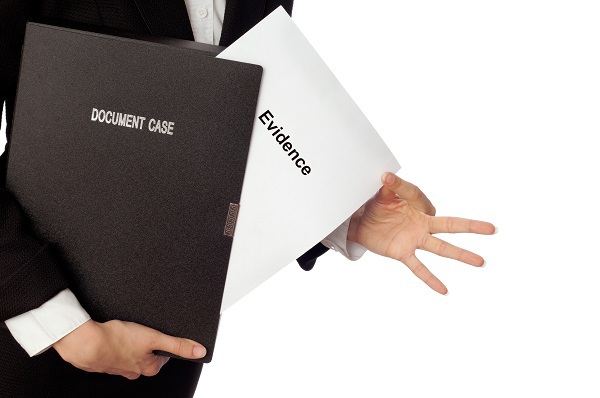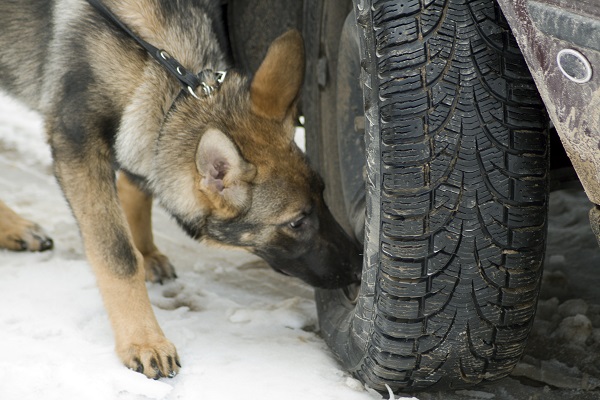How Cops Find Drugs During Traffic Stops
A person pulled over for suspected DUI or another driving offense may find himself in more trouble if police search the vehicle. If law enforcement finds evidence of another crime, such as illegal drugs, in the vehicle, they can charge you with that crime too. A simple traffic infraction could escalate to much more serious criminal charges. Usually, police need a warrant to search cars. During traffic stops, however, they can search vehicles without a warrant for several reasons. First, police may search a vehicle incident to a driver’s arrest. Often this type of search is legally permitted because police reasonably...
Continue reading






